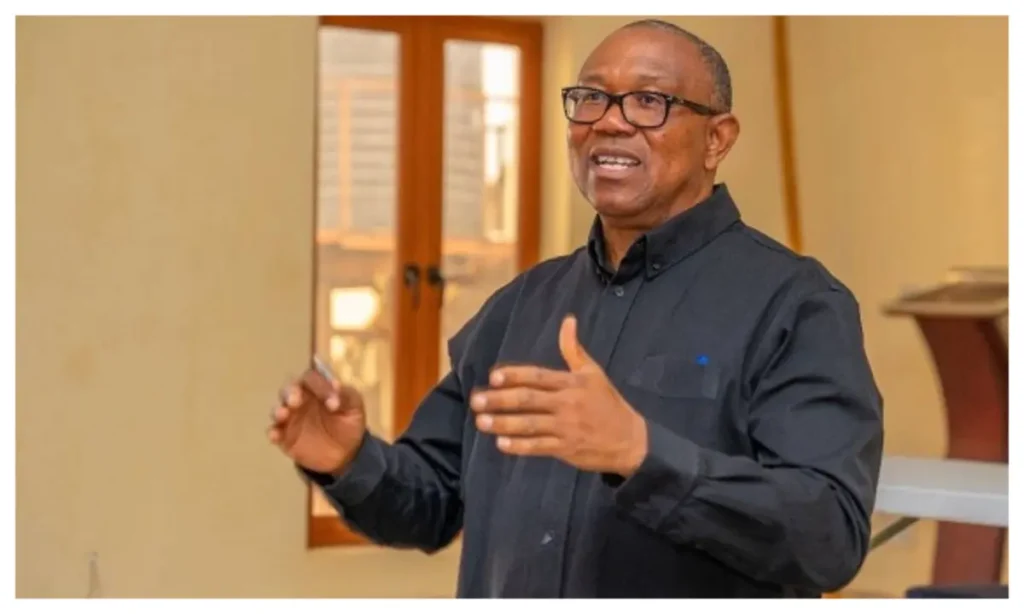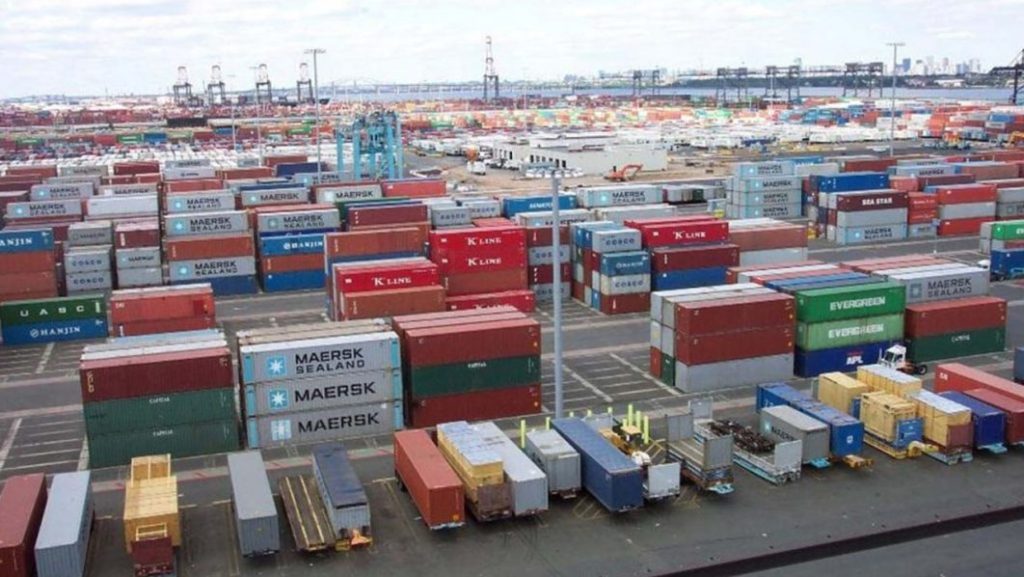Senator Adams Oshiomhole has criticized the Group Managing Director of the Nigerian National Petroleum Corporation Limited, Bayo Ojulari, for allegedly attempting to cover up fraud in the company’s financial records. The senator’s comments came during a Senate Committee on Public Accounts session, where the committee rejected the NNPCL’s financial submissions due to discrepancies in expenses and receivables totaling N210 trillion between 2017 and 2023.
Oshiomhole expressed concern over the lack of satisfactory explanations from the NNPCL leadership and their failure to appear before the committee to defend the figures. He noted that the alleged financial mismanagement involved sums greater than the amount President Bola Tinubu’s administration is currently seeking to borrow from foreign creditors. The senator urged the committee to exercise its constitutional powers to summon the NNPCL boss and, if necessary, compel his appearance before the Senate.
The Senate Committee on Public Accounts, chaired by Senator Aliyu Wadada, has vowed to intensify its scrutiny of the NNPCL accounts to ensure accountability. This development comes after the NNPCL’s Chief Financial Officer, Adedapo Segun, previously explained that the alleged missing funds were cash calls requested by joint venture partners and settlements to the joint ventures.
The NNPCL’s financial records have raised concerns, with the company’s leadership facing questions over their management of funds. The Senate committee’s investigation aims to provide clarity on the discrepancies and ensure transparency in the company’s financial dealings. As the committee continues its probe, it is likely to shed more light on the alleged fraud and the actions of the NNPCL leadership.
The Nigerian National Petroleum Corporation Limited is a state-owned oil company, and its financial management has significant implications for the country’s economy. The Senate committee’s efforts to ensure accountability and transparency in the company’s financial records are crucial in maintaining public trust and confidence in the institution. As the investigation unfolds, it is expected to have significant consequences for the company’s leadership and the country’s economic management.



